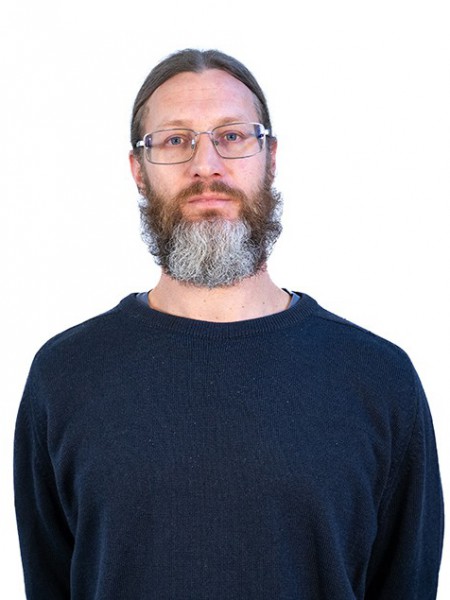abstract
The Green Fluorescent Protein (GFP) and its analogues have been widely used as fluorescent biomarkers in cell biology. Yet, the chromophore responsible for the fluorescence of the GFP is not emissive when isolated in solution, outside the protein environment. The most accepted explanation is that the quenching of the fluorescence results from the rotation of the aryl-alkene bond and from the Z/E isomerization. Over the years, many efforts have been performed to block these torsional rotations, mimicking the environment inside the protein beta-barrel, to restore the emission intensity. Molecule rigidification through chemical modifications or complexation, or through crystallization, is one of the strategies used. This review presents an overview of the strategies developed to achieve highly emissive GFP chromophore by hindering the torsional rotations.
keywords
GREEN FLUORESCENT PROTEIN; CONFORMATIONALLY LOCKED CHROMOPHORES; INTRAMOLECULAR PROTON-TRANSFER; CONFINED CHROMOPHORES; STATE; ANALOGS; ACTIVATION; BENZOXAZOLE; MECHANISM
subject category
Biochemistry & Molecular Biology; Chemistry
authors
Ferreira, JRM; Esteves, CIC; Marques, MMB; Guieu, S
our authors
Projects
CICECO - Aveiro Institute of Materials (UID/CTM/50011/2019)
acknowledgements
Thanks are due to the University of Aveiro, FCT/MEC, Centro 2020 and Portugal2020, the COMPETE program, and the European Union (FEDER program) via the financial support to the LAQV-REQUIMTE (UIDB/50006/2020 and UIDP/50006/2020), to the CICECO-Aveiro Institute of Materials (UID/CTM/50011/2019, UIDB/50011/2020 and UIDP/50011/2020), financed by national funds through the FCT/MCTES, to the Portuguese NMR Network. SG is supported by national funds (OE), through FCT, I.P., in the scope of the framework contract foreseen in the numbers 4, 5, and 6 of the article 23, of the Decree-Law 57/2016, of August 29, changed by Law 57/2017, of July 19. JRMF. Thanks FCT and ESF (European Social Fund) through POCH (Programa Operacional Capital Humano) for her PhD grant (UI/BD/151272/2021).


